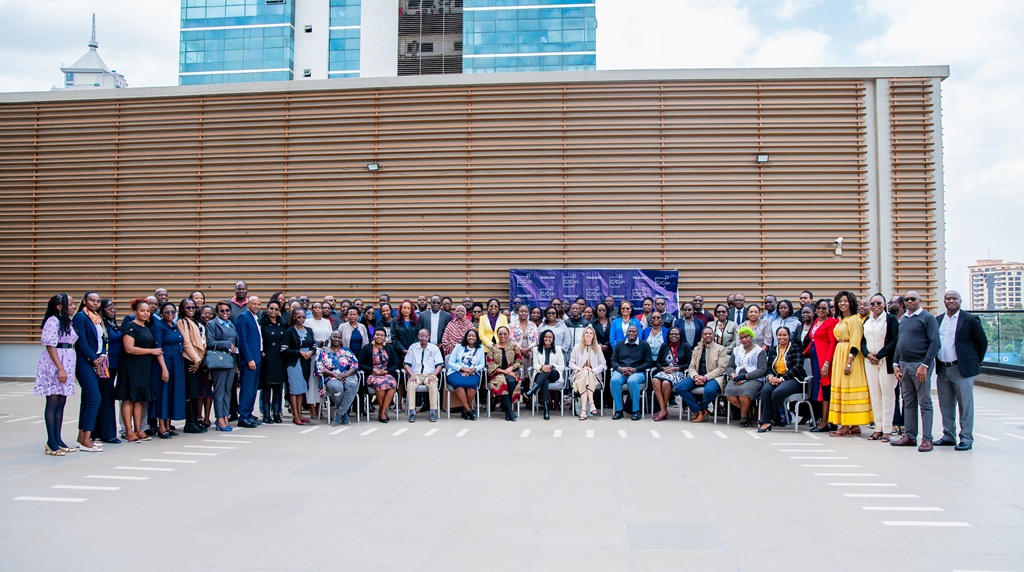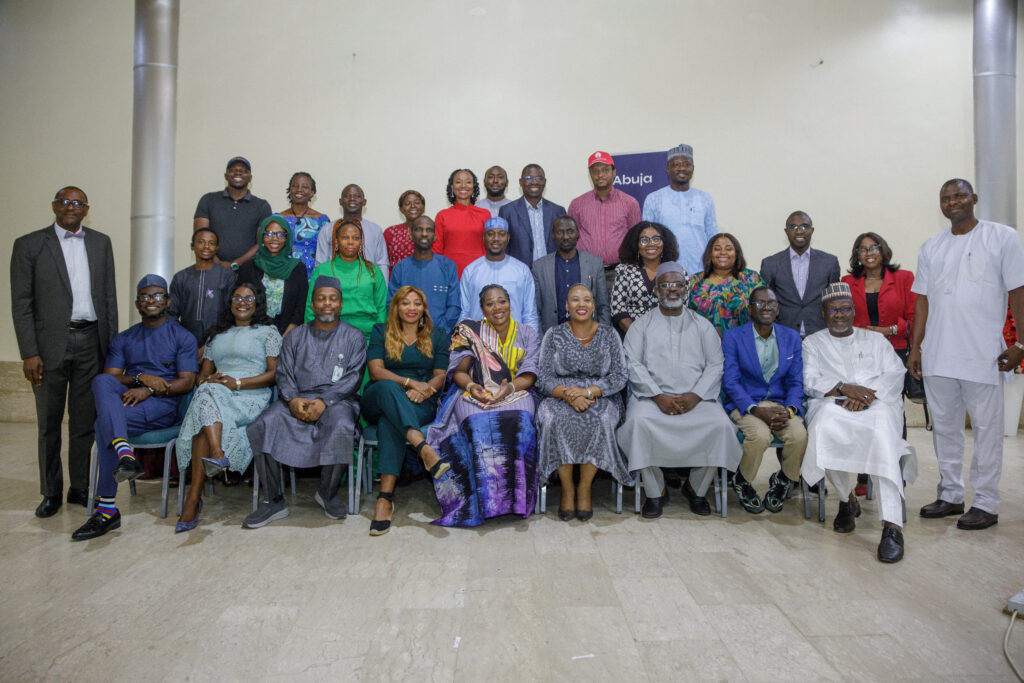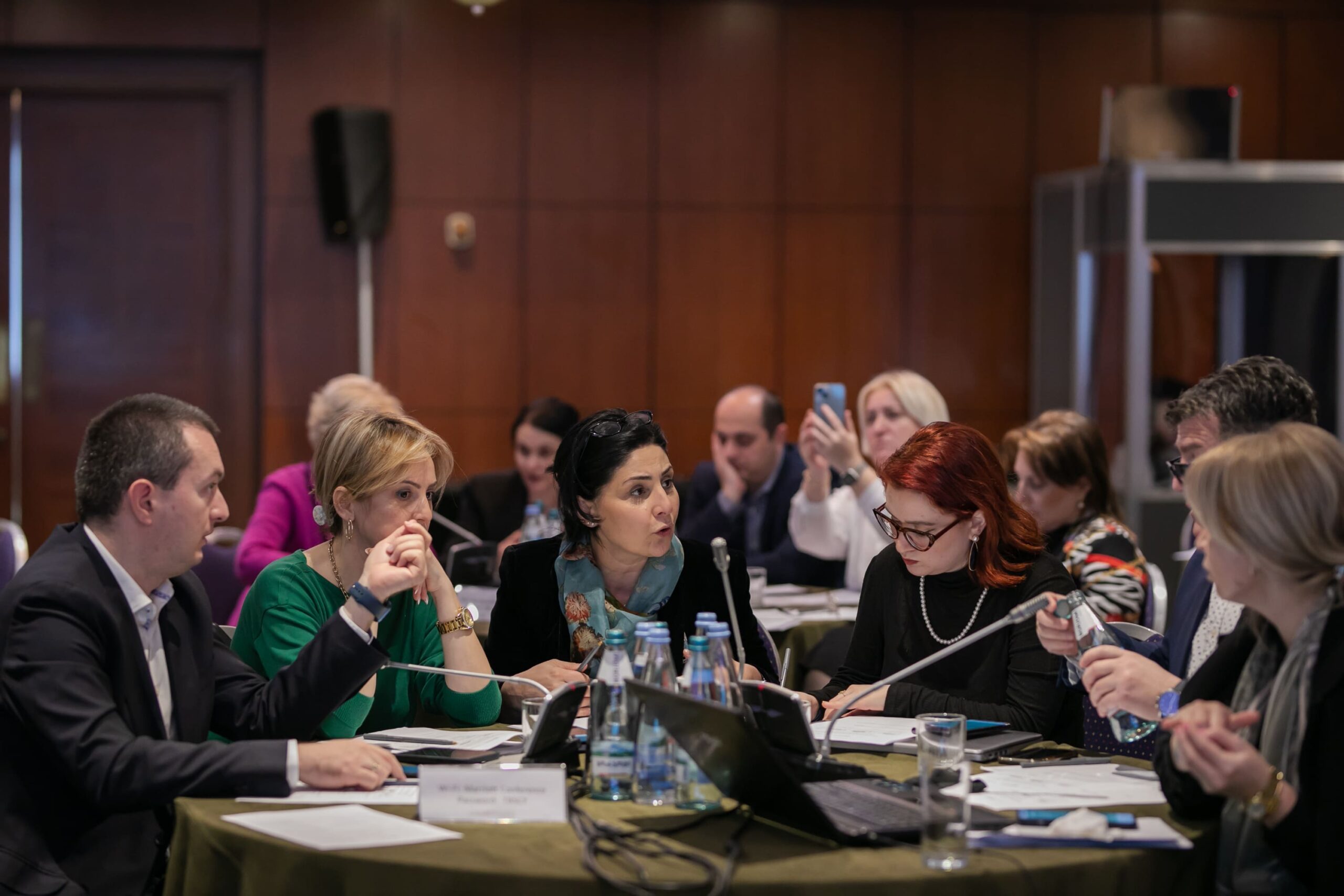
Globally, breast cancer is the most diagnosed cancer and the leading cause of cancer death among women, with 2.3 million new cases in 2020, which represents approximately 25% of all female cancers. The incidence and number of lives lost to breast cancer are increasing. By the year 2040, more than three million cases of breast cancer and one million deaths are predicted to occur each year worldwide. Breast cancer is the most common cancer among women in 86% of countries and is the first- or second – leading cause of female cancer deaths in 95% of countries. No country can overlook breast cancer if they intend to address cancer as a significant public health issue. Breast cancer must be a priority for ministries of health and governments everywhere.
The Global Breast Cancer Initiative (GBCI), founded by the World Health Organization (WHO) in 2021, has set the goal to reduce breast cancer mortality by 2.5% per year, which over a 20-year period would save 2.5 million lives. To define an evidence-based platform to frame operational guidance and in-country engagement, WHO convened over 150 global experts to create the GBCI Framework that was launched for International Women’s Day on March 8, 2023. The GBCI Framework lays out a roadmap of immediately implementable strategies for countries with diverse health systems. By applying a stepwise, resource-appropriate approach founded on strengthening health systems and framed by women’s health and gender equity, the global community can improve the health and well-being of women, families, and communities for generations to come.

Breast cancer mortality has dropped by 40% in high income countries in North America, Western Europe and other well-resourced settings. If low- and middle-income countries (LMICs) could implement the same strategies proven to work in these settings, breast cancer mortality would begin to decrease globally in approximately a decade. To define successful implementation strategies, countries require guidance on how to implement the GBCI Framework adapted to their healthcare system and public health needs.
To address this critical global need, and as a resolute step to transition from evidence-based guidance to tangible actions, C/Can has joined forces with WHO through a collaborative partnership to implement the GBCI Framework in real-world settings using tailored projects to assist countries in implementing the core strategies of the GBCI Framework. This collaboration is set to be delivered through a series of technical cooperation projects with the aim of empowering cities with the necessary capabilities for the effective implementation of the GBCI Framework, thereby creating implementation models that can be scaled up to the sub-national or national levels as supported by the Ministries of Health.
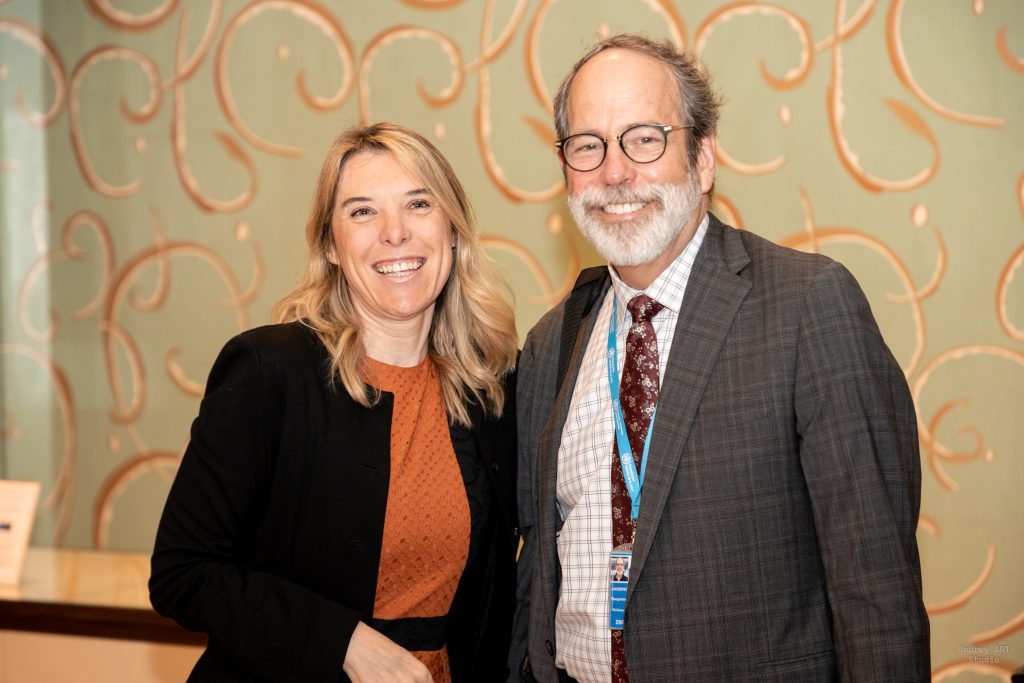 The implementation of evidence-based programming based on the GBCI Framework has significant challenges due to the complexity and competing priorities in cancer care; the difficulty of translating evidence into actionable policies, programs, or interventions that can be implemented and adopted by policymakers, healthcare practitioners, and communities; the obstacles of addressing implementation gaps in the face of resource limitations, inadequate dedicated funding, personnel shortages, and time constraints; and the lack of monitoring and evaluation frameworks required for the collection and analysis of data to assess impact.
The implementation of evidence-based programming based on the GBCI Framework has significant challenges due to the complexity and competing priorities in cancer care; the difficulty of translating evidence into actionable policies, programs, or interventions that can be implemented and adopted by policymakers, healthcare practitioners, and communities; the obstacles of addressing implementation gaps in the face of resource limitations, inadequate dedicated funding, personnel shortages, and time constraints; and the lack of monitoring and evaluation frameworks required for the collection and analysis of data to assess impact.
The aim of the first GBCI Partnership project is to train policy makers, clinical champions, operations managers, and patient advocates on the effective implementation of the GBCI Framework in their own health system setting. By equipping these key stakeholders with the necessary knowledge and skills, they can play a pivotal role in bridging the gaps between evidence and practice. Implementation workshops are a vital component of this project to ensure the engagement of all relevant actors in the management of cancer care in the city.

The first GBCI Framework Implementation Workshop was held on 4 – 5 December 2023 in Tbilisi, Georgia. With the support of the Georgian Ministry of Health, C/Can and WHO ran a workshop with clinical experts from the city of Tbilisi to define and refine actionable strategies for implementing the GBCI Framework beginning with projects and services of greatest need. Based on the information derived from this activity, a programme is being developed to integrate what was learned from the local experts and stakeholders to establish a stepwise GBCI Action Plan to meet the city’s needs in alignment with the priorities established by the Georgian Ministry of Health. Subsequent activities are being developed to permit the monitoring of this Action Plan in Tbilisi. In parallel, GBCI Framework Implementation Workshops will be held in C/Can cities in multiple regions around the globe, each workshop being informed by prior ones, to identify strategies appropriate for many health systems at different economic and developmental levels. The final goal for this project, based on this global experience gained at the city level, is for WHO and C/Can to publish an evidence-based guide for implementing the GBCI Framework in countries around the globe.
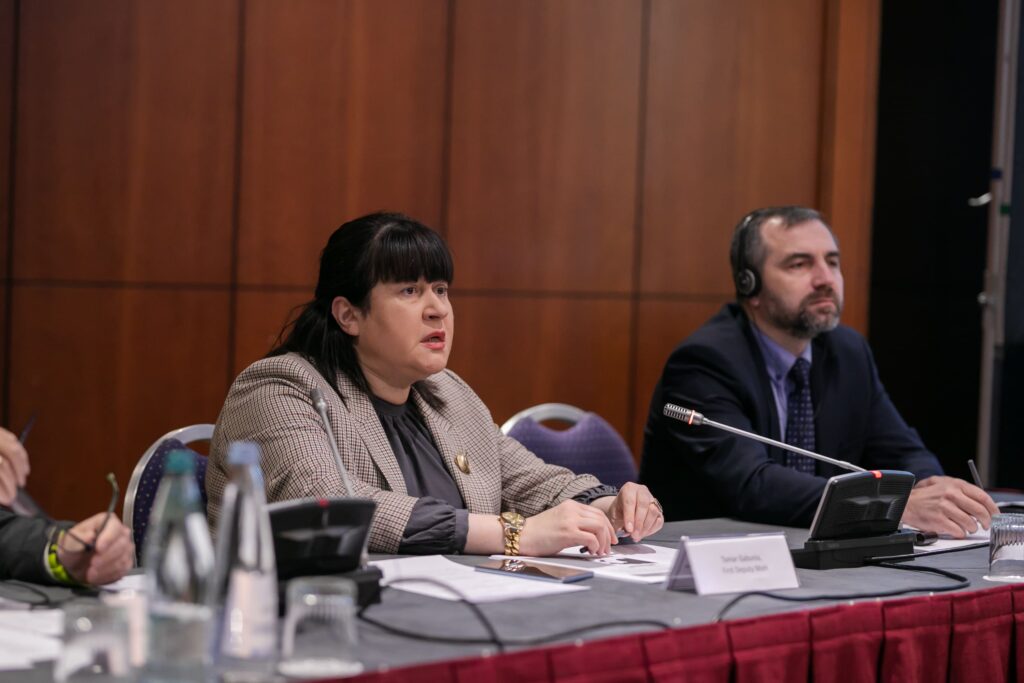
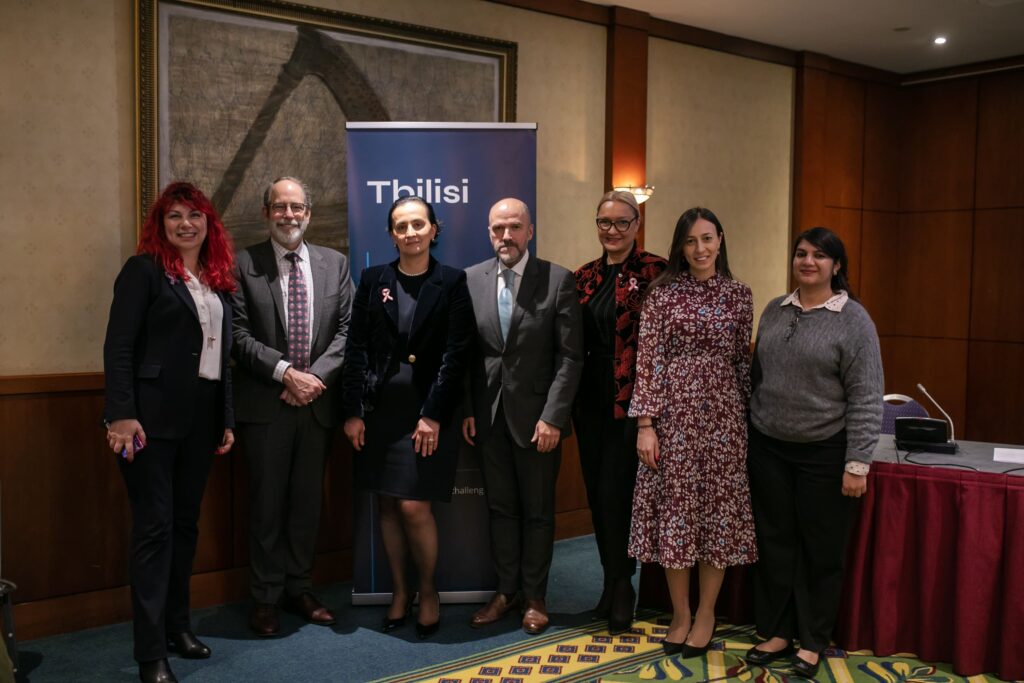
Operation of the GBCI Framework Implementation Workshops is possible through public-private partnership. C/Can would like to acknowledge the International Federation of Pharmaceutical Manufacturers & Associations (IFPMA) for their critical convening role. We thank our private sector partners, Amgen, AstraZeneca, Bristol Myers Squibb (BMS), and MSD, who provided essential funding through which C/Can can operate the GBCI partnership, the purpose of which is to assist cities and countries implement the GBCI Framework established by WHO to improve breast cancer outcomes around the world.


